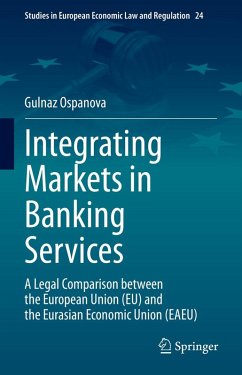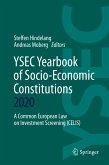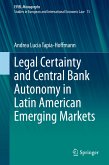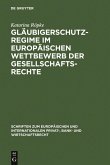This book deals with the banking integrations, which are becoming crucial at the present time not only because of the increased number of economic integrations, but also in view of their qualitative improvement. This book compares the European Union (EU) as the most successful union, which was able to move from the common financial market to the top of banking integration - the Banking Union, and the Eurasian Economic Union (EAEU) as a relatively young union but having many good prerequisites to become an influential union, established by five states - the Russian Federation, Kazakhstan, Belarus, Armenia, and the Kyrgyz Republic in 2015. The key research question is whether the single market in banking services or banking union is a reachable goal or on the contrary- utopia. Throughout the research, the book uncovers the bottlenecks and barriers that the EU and EAEU policymakers faced during the difficult process of establishing the single market and baking union. However, along with the problems of banking integration, the book identifies many particularities of the harmonization of banking legislations of the EU Member States. These identified particularities can be very beneficial for young unions and serve as a kind of guide in their integration processes. In particular, the book comes to the findings that evolutionary (not revolutionary) harmonization is required in order for the EAEU to become a full-fledged union. The full-fledged union, which was mutually established by the EAEU Member States with the purpose of bringing positive results for all its Member States, but not just as a counterbalance to the EU.
Dieser Download kann aus rechtlichen Gründen nur mit Rechnungsadresse in A, B, BG, CY, CZ, D, DK, EW, E, FIN, F, GR, HR, H, IRL, I, LT, L, LR, M, NL, PL, P, R, S, SLO, SK ausgeliefert werden.









